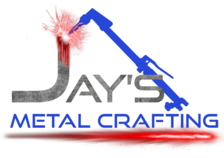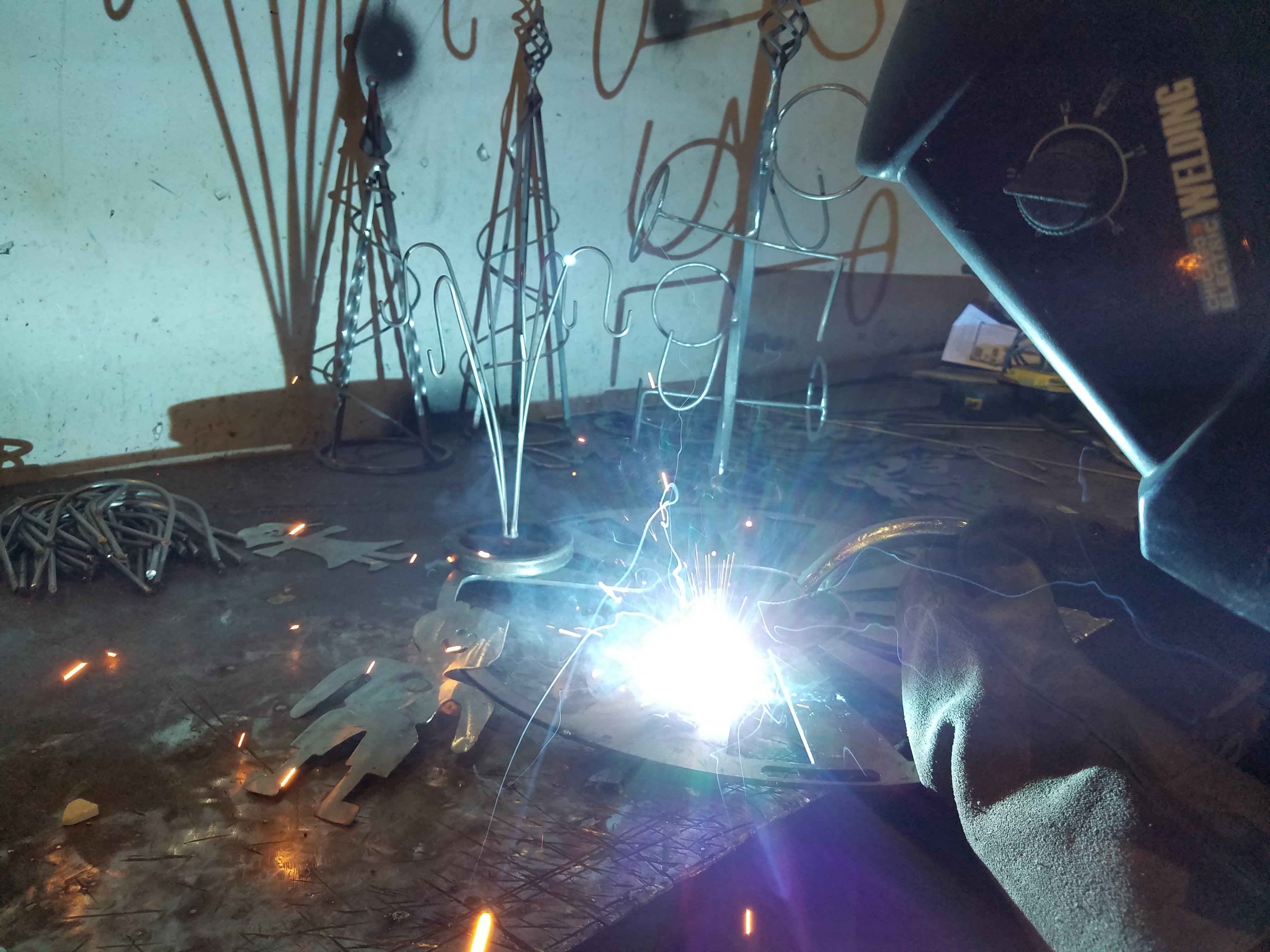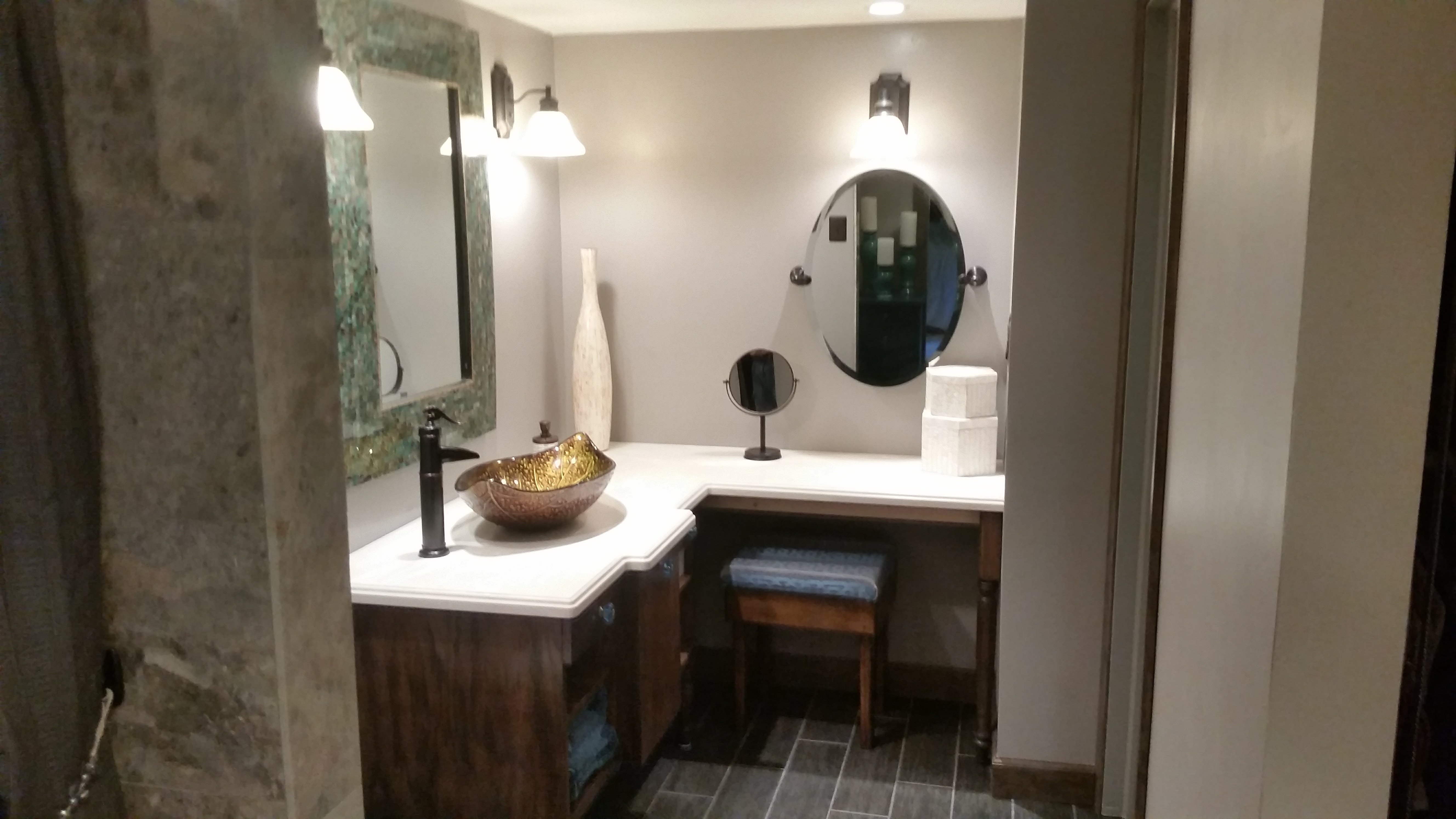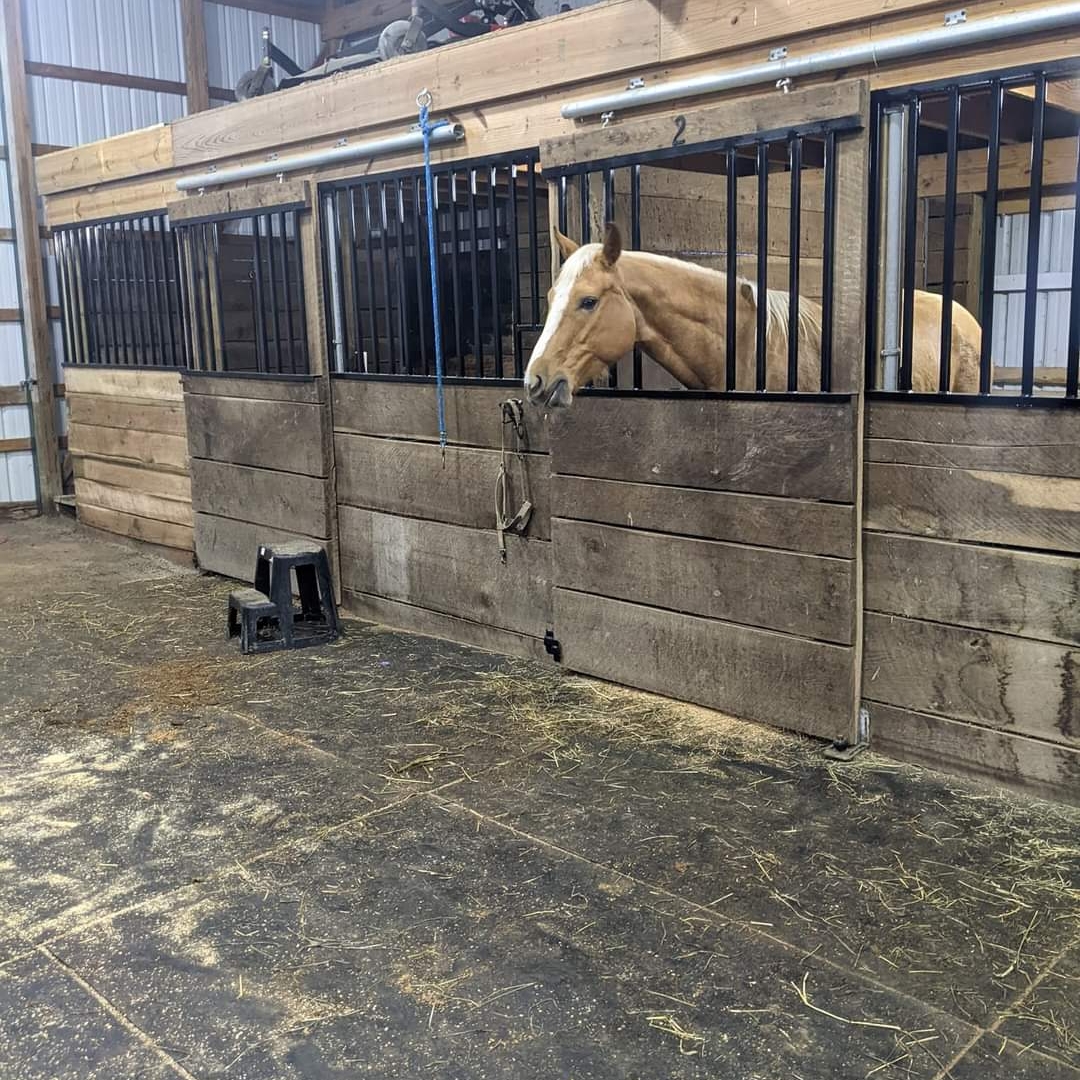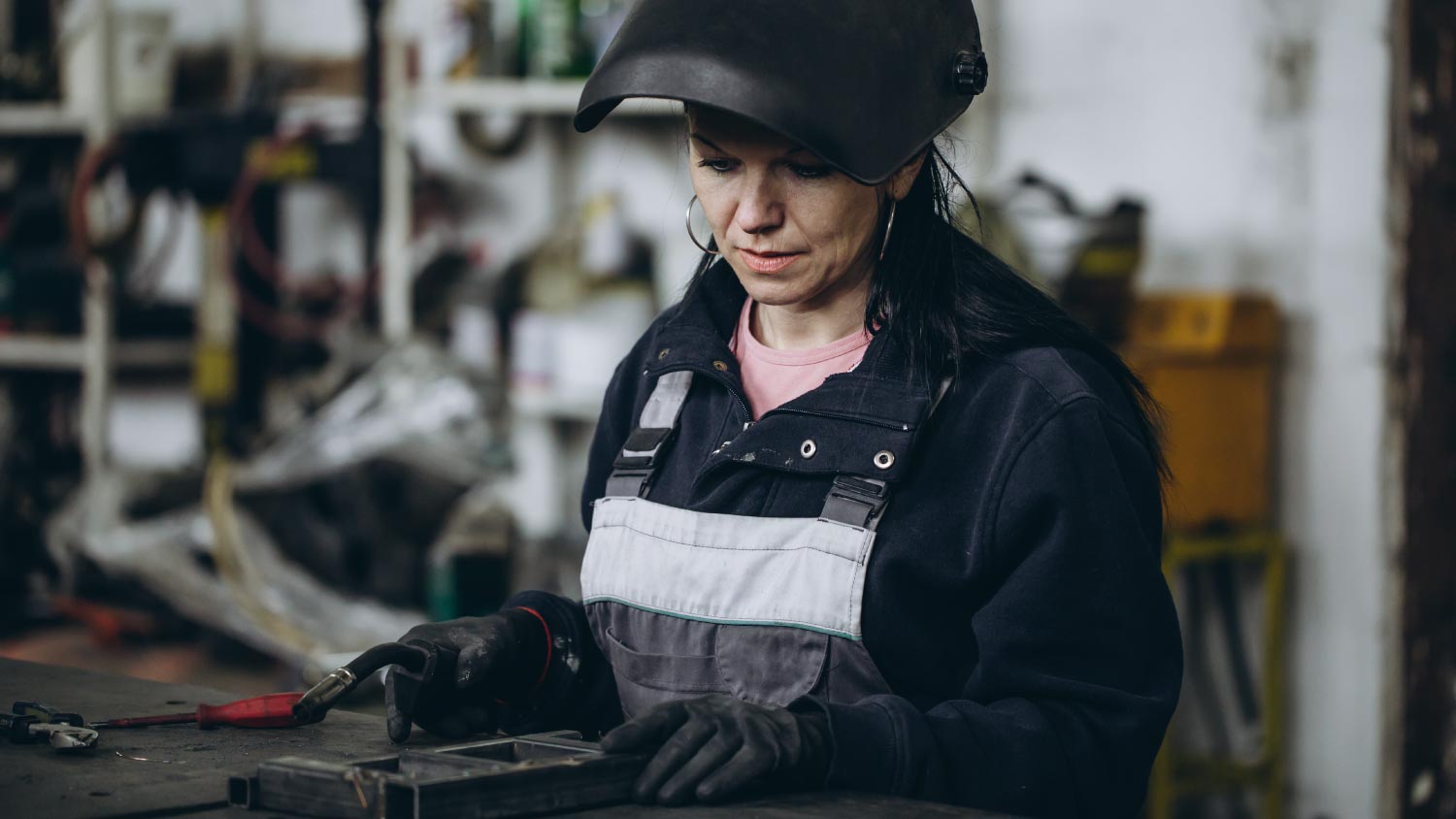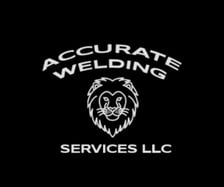
Accurate Welding Services LLC
Accurate Welding Services LLC
Welcome to Accurate Welding Services, proudly servicing Pataskala and the surrounding areas. Our goal is to complete your project to perfection. We look forward to building long lasting relationships with the customers that we serve. We look forward to serving you. Call us today! You will not be disappointed.
"Good person who takes pride in his work."
Chris K on October 2022
Welcome to Accurate Welding Services, proudly servicing Pataskala and the surrounding areas. Our goal is to complete your project to perfection. We look forward to building long lasting relationships with the customers that we serve. We look forward to serving you. Call us today! You will not be disappointed.
"Good person who takes pride in his work."
Chris K on October 2022



